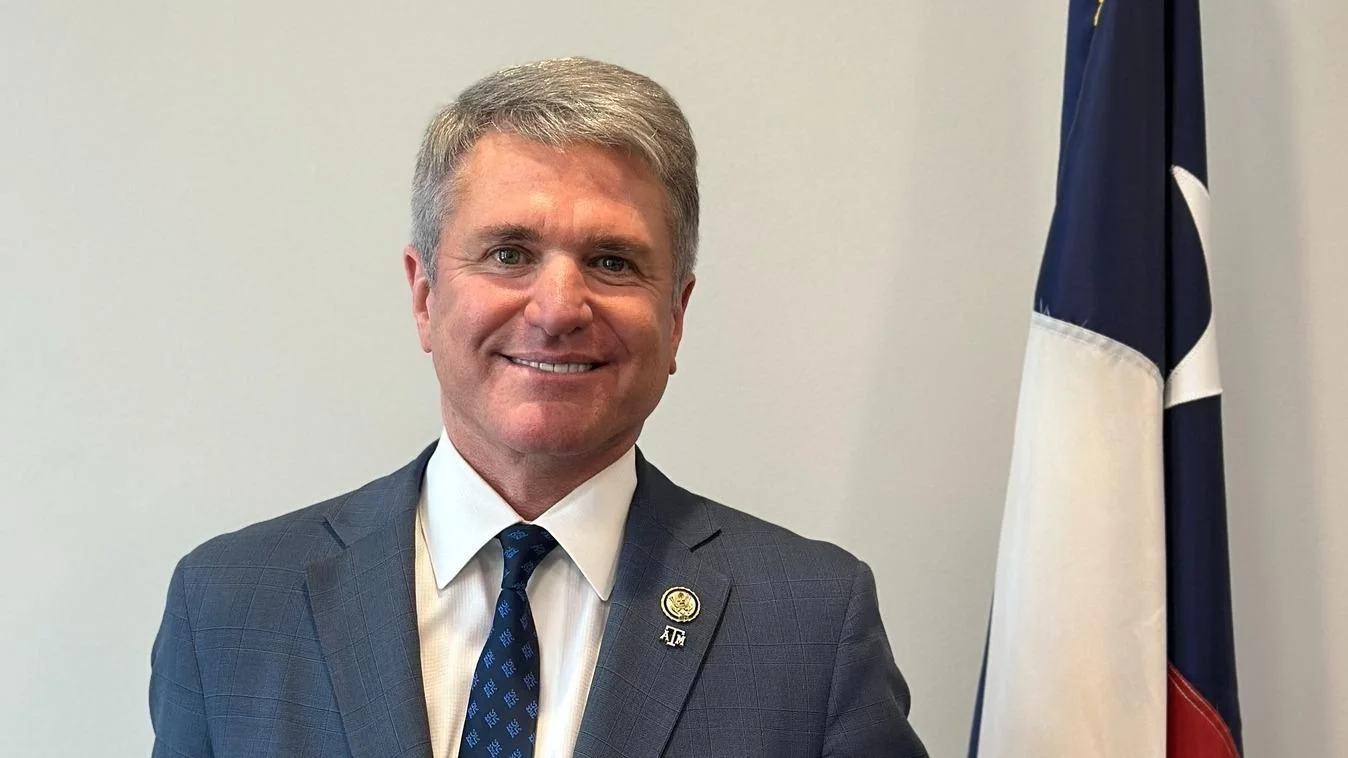Michael McCaul U.S. House of Representatives from Texas's 10th district | Official U.S. House Headshot
Michael McCaul U.S. House of Representatives from Texas's 10th district | Official U.S. House Headshot
U.S. Congressman Michael McCaul (R-Texas), former chairman of the House Homeland Security Committee, has introduced the Stop COYOTES Act in collaboration with Congressman Gabe Vasquez (D-N.M.). This bipartisan bill aims to tackle organized criminal activities in border communities by targeting drug cartels and human traffickers who exploit vulnerable groups, especially children. The legislation seeks to enhance law enforcement's capabilities through improved coordination, resources, and accountability.
"For too long, dangerous criminals have exploited our border crisis to traffic innocent children and smuggle deadly narcotics into our nation," said Rep. McCaul. "It’s time we finally put a stop to these predators and ensure law enforcement agencies have the information-sharing infrastructure to do their jobs efficiently and effectively. I am proud to co-lead this bill alongside Rep. Vasquez to protect innocent children across Texas and support our local law enforcement officers as they work to counter cartel-sponsored crime."
Rep. Vasquez added, "Representing 180 miles of the U.S.-Mexico border, I’ve had the opportunity to hear directly from law enforcement, educators, and families about the very real challenges posed by transnational criminal organizations in border towns. My bipartisan bills strengthen our ability to disrupt cartel activity, protect our kids from exploitation, and equip local law enforcement with the tools and coordination they need to keep communities safe."
The Stop COYOTES Act proposes harsher penalties for human smugglers and fentanyl traffickers while improving information sharing between the Department of Homeland Security (DHS) and local law enforcement along the border. Under this legislation, DHS is required to report on trafficking trends, smuggling routes, and cartel activity so that local communities can respond effectively.

 Alerts Sign-up
Alerts Sign-up